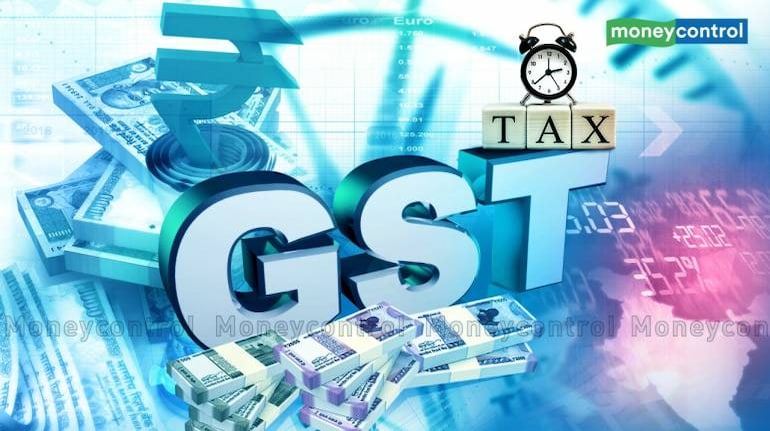



The goods and services tax was introduced in July 2017 to unify and simplify the indirect tax regime in India. While the mammoth effort has yielded dividends, various legal and constitutional obstacles cropped up over the six years since its implementation. We look at some of the controversies so far and try to gauge the likely trends in the near future.
The first set of disputes under the GST regime related to e-way bills and the movement of goods across India. Before the dust on e-way bills had settled, transitioning of credit from the earlier regime to GST became a major bone of contention between taxpayers and the revenue department.
While taxpayers expected the transitioned credit to be available for utilisation from July 1, 2017, the revenue department took an unreasonable amount of time to implement the transitional facility due to lack of infrastructure. Even when the facility was belatedly made available to taxpayers, the system was full of technical glitches that further delayed the transitioning of credit.
Due to the non-availability of transitional credit, taxpayers had to pay GST in cash, which led to a blockage of cash flow. For small and medium enterprises, this was an unplanned expenditure.
Ambiguous provisions
Not only this, the transitional provisions caused ambiguity over which credits were eligible to be transitioned. Consequently, many taxpayers made mistakes while claiming transitional credit, creating more litigation.
The historic decision of GST implementation was expected to be coupled with swift execution. However, many provisions pertaining to important concepts envisioned under GST law – online facility for filing refunds, auto-population of data in returns, and filing of annual returns – were implemented with delays.
In their absence, the revenue department made ad-hoc arrangements like manual filing of claims and summary returns in lieu of auto-populated annual returns, which created further confusion and chaos, resulting in avoidable litigation.
Among other issues, assessees and the revenue department have battled it out in the high courts over denial of refunds on export of goods or services, GST on ocean freight, intermediary services, anti-profiteering, refund of inverted duty credit, fake invoices, denial of credit at the hand of recipients, and classification issues, among others. Multiple and divergent rulings by Advance Ruling Authorities on similar issues in different states also created a situation where an assessee is adopting different treatments in different states.
Many of these issues can get settled at least at the state level if there is an appellate tribunal that can determine the legal issues and set a precedent. However, the constitution of GST Appellate Tribunals is still in the pipeline, even after six years.
Due to the lack of an appellate tribunal, assessees are filing cases in the high courts. In some cases, the courts gave some interim relief to the assessees. However, the high courts would often decline to interfere and direct the parties to appeal before the GST Appellate Tribunals, once they are constituted.
A robust grievance redressal mechanism is one of the important pillars of a good tax system and helps assessees plan their businesses efficiently. All eyes are now on the upcoming GST Council meeting for more clarity on the constitution of GST Appellate Tribunals.
As these issues are hopefully laid to rest in the near future, we can expect disputes over new age or tech-enabled businesses such as taxation of online gaming and platform-related transactions. On the other hand, cross-charge issues and secondment of employees between group companies are issues where active investigation is ongoing.
Even though there have been multiple teething issues since the GST regime was implemented, it has become somewhat stable over the last six years. Effective steps are being taken periodically to clarify important issues in an attempt to reduce disputes.
This shows that the government has realised that timely conclusion of disputes provides clarity and certainty to businesses. GST has now been accepted wholeheartedly by the industry.
Here’s hoping that it also becomes a tool for growth, not only for the country, but also for businesses.
Charanya Lakshmikumaran is Partner, Lakshmikumaran & Sridharan Attorneys
Discover the latest Business News, Sensex, and Nifty updates. Obtain Personal Finance insights, tax queries, and expert opinions on Moneycontrol or download the Moneycontrol App to stay updated!
Find the best of Al News in one place, specially curated for you every weekend.
Stay on top of the latest tech trends and biggest startup news.